
OR
Editorial
SC's Commendable Decision on Juvenile Case Resolution
Published On: September 16, 2023 07:30 AM NPT By: Republica | @RepublicaNepal

In a judicial milestone, the Supreme Court (SC) has taken a significant step forward by issuing a mandamus aimed at ensuring the expeditious resolution of juvenile cases within a strict timeline of 120 days. This move comes after a series of inordinate delays in settling juvenile cases, causing various problems in the juvenile justice system. The apex court, through a full bench of Justices Prakash Man Singh Raut, Sapana Pradhan Malla, and Til Prasad Shrestha, addressed a writ petition related to habeas corpus and made a decisive ruling to rectify this issue. The context that prompted this crucial decision revolves around a 17-year-old boy held in the Juvenile Correction Home in Bhaktapur during preliminary investigation and judicial custody. This case underscores the urgent need for prompt action and resolution in juvenile cases. The young individual had been detained for an extended period during the preliminary investigation, highlighting a direct violation of the constitutional and legal provisions set forth to protect juvenile rights.
Article 20 (9) of the Constitution of Nepal, 2015, in conjunction with the Children's Act, unequivocally states that cases involving juveniles should be resolved within 120 days from the date of registration. However, the reality has seen cases dragging on, resulting in juveniles being unjustly detained in correctional homes for extended durations. This decision by the SC upholds the fundamental principle of timely justice, especially for young individuals who deserve a chance for rehabilitation and reintegration into society. The writ petition presented before the SC on January 2, 2023, shed light on the distressing situation of the boy detained for an elongated period due to unresolved case matters. The Dolakha District Court cited various technical reasons for the delay, but the SC emphatically asserted that reasons for such delays should be clearly stated, emphasizing the urgency of resolving juvenile cases within the prescribed timeframe. Crucially, the SC emphasized the need for a child-friendly judicial approach, directing the courts to streamline processes and avoid unwarranted delays. This directive aligns with international best practices and emphasizes the importance of prioritizing juvenile justice, thus creating a uniform and effective system.
In light of this ruling, it's imperative that laboratories expedite tests and submit reports promptly, especially in cases involving minors. This not only contributes to efficient case resolution but also ensures that juveniles are not held in uncertainty due to prolonged legal proceedings. Moreover, the SC's assertion that punishment for juveniles should be determined based on their age underscores a nuanced understanding of juvenile psychology and legal philosophy. It recognizes that juvenile cases should be handled with a rehabilitative approach, considering the age and circumstances of the juvenile involved. The SC’s directive to consider the rights of both the victim and the juvenile while making decisions regarding custody is a balanced approach, reflecting an understanding of the complex dynamics of juvenile cases. Striking a balance between justice for the victim and rehabilitation for the juvenile is essential in maintaining a fair and equitable juvenile justice system. As a newspaper, we believe that the SC’s recent mandamus regarding the resolution of juvenile cases within 120 days is a decisive and commendable step in the right direction. It reflects a judicial commitment to upholding the rights and well-being of juveniles within the legal framework. This move not only addresses the pressing issue of undue delays but also sets a precedent for a more efficient and empathetic juvenile justice system, which is crucial for a just and compassionate society.
You May Like This

Controversy flares over court nominees
KATHMANDU, April 4: Is the independence of the judiciary in Nepal in danger? It is the question many are asking as... Read More...

CJ relieves Justice Joshee of all official responsibilities at apex court
KATHMANDU, Jan 4: A meeting of the Judicial Council (JC) headed by the newly-appointed Chief Justice (CJ) Cholendra SJB Rana... Read More...

Maldives’ Supreme Court refuses to annul presidential vote
MALE, Oct 22: The Maldives’ top court on Sunday dismissed the outgoing president’s petition seeking an annulment of last month’s... Read More...



Just In
- PM Dahal claims Nepal will be exporting 10,000 MW of electricity in a decade
- Parliament meeting delayed after opposition seeks time to address assembly
- Rs 21 billion collected in revenue in Nawalpur
- PM Dahal to seek vote of confidence for the fourth time on May 20
- Nepal bans sale of four MDH and Everest spice products
- Gold price drops by Rs 700 per tola
- Stranded during trek, Indian tourists rescued safely
- Case filed against Mayor Shah and City Police Chief Raju Pandey in Kathmandu District Court






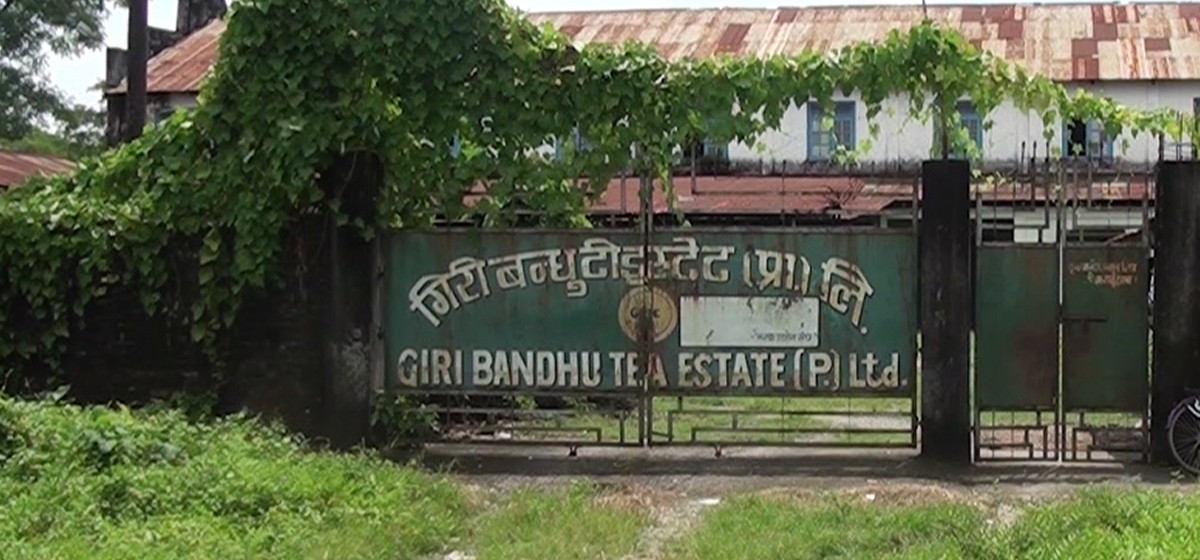

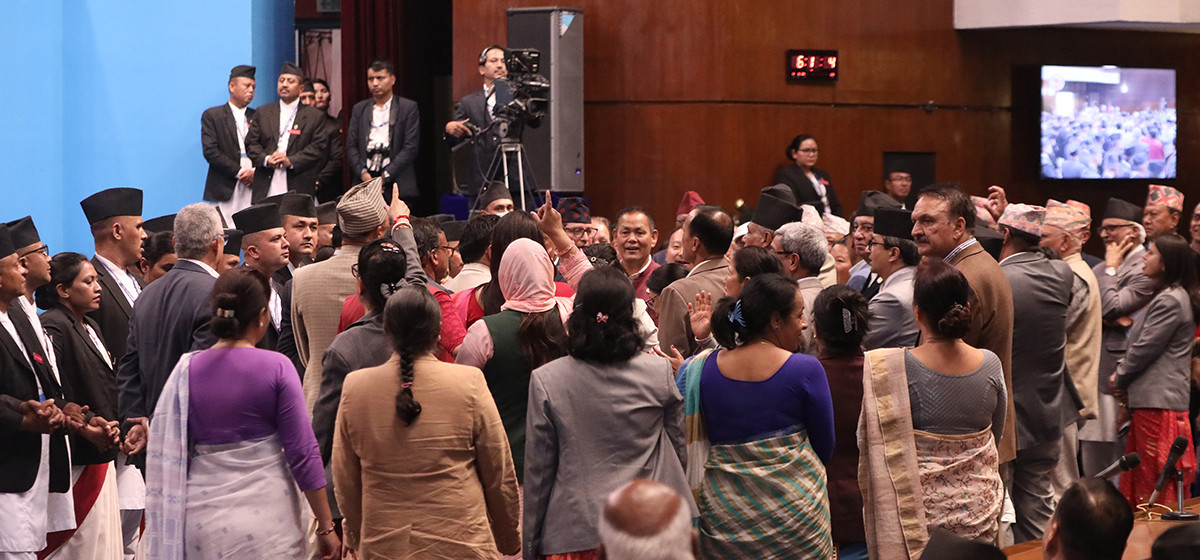
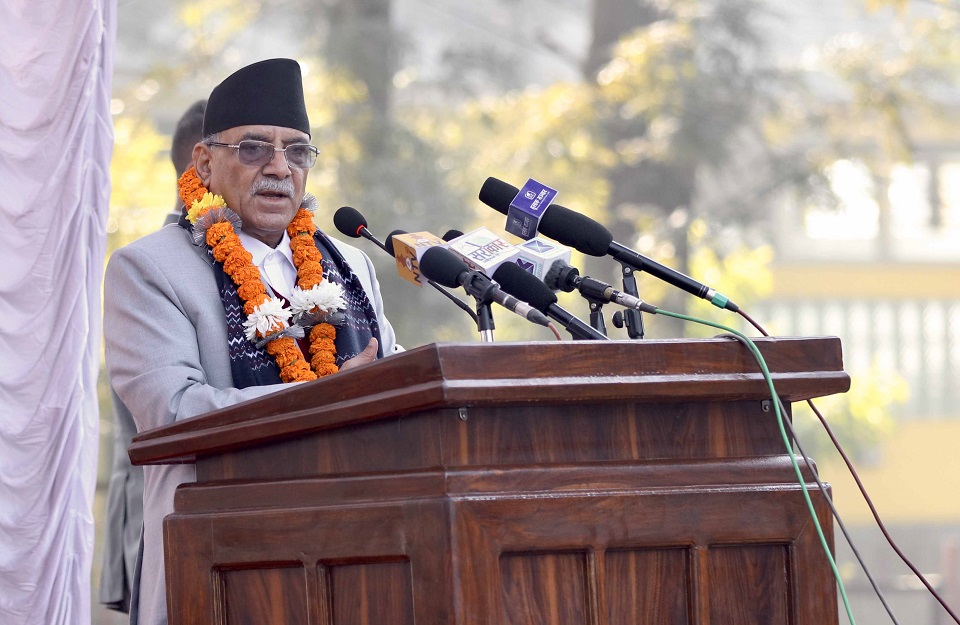
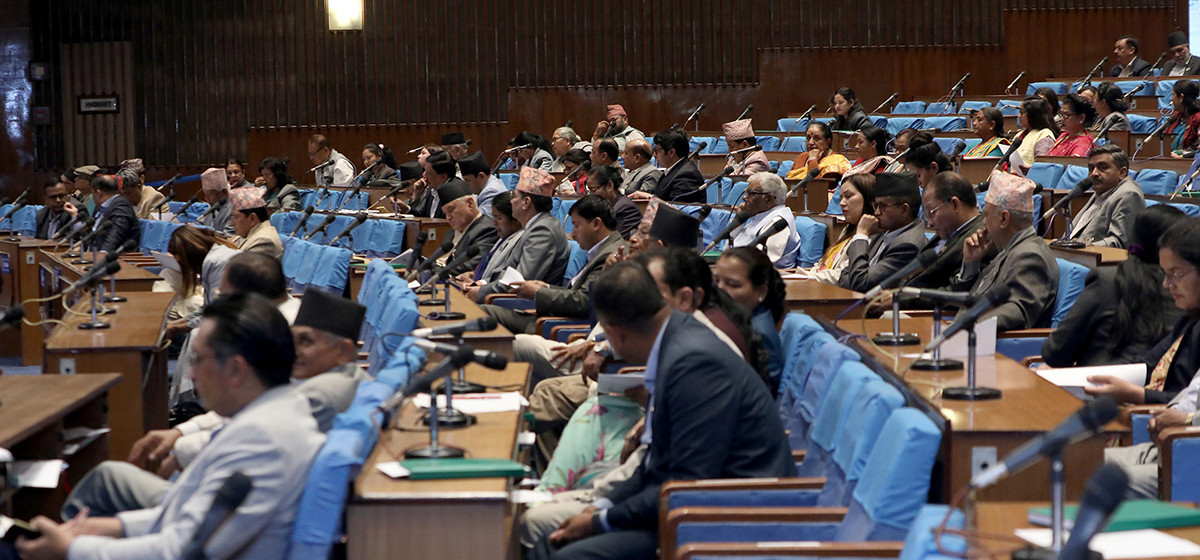
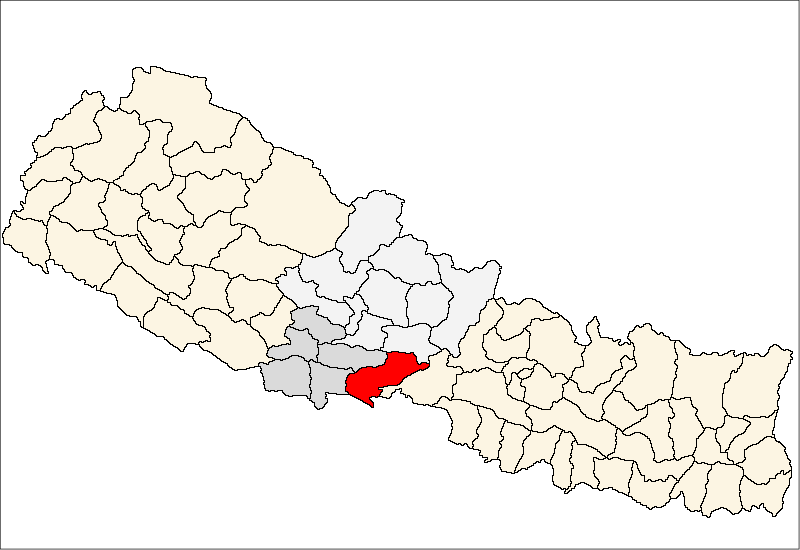
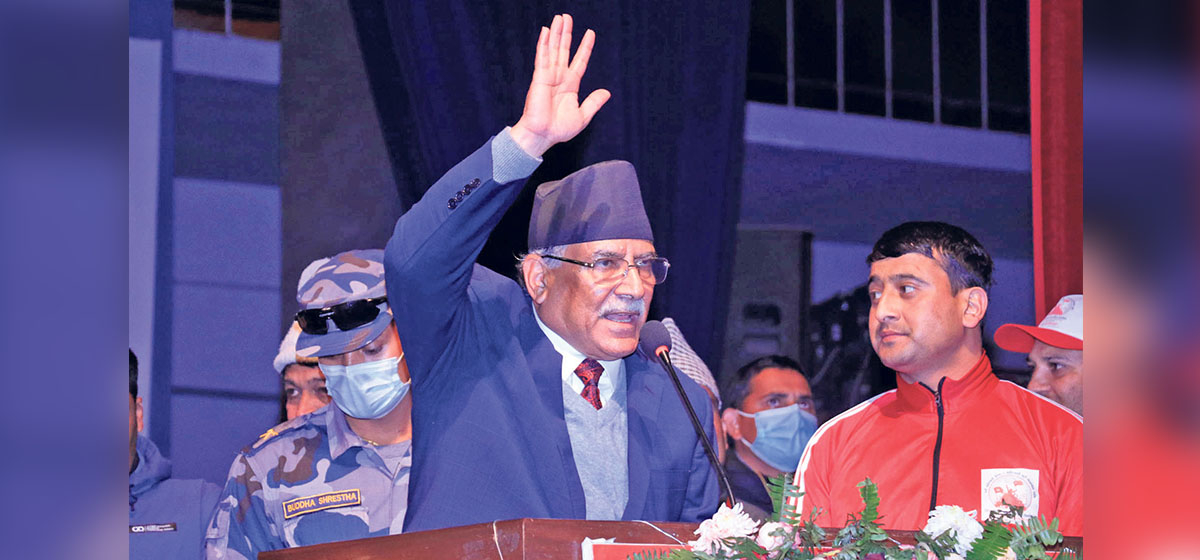


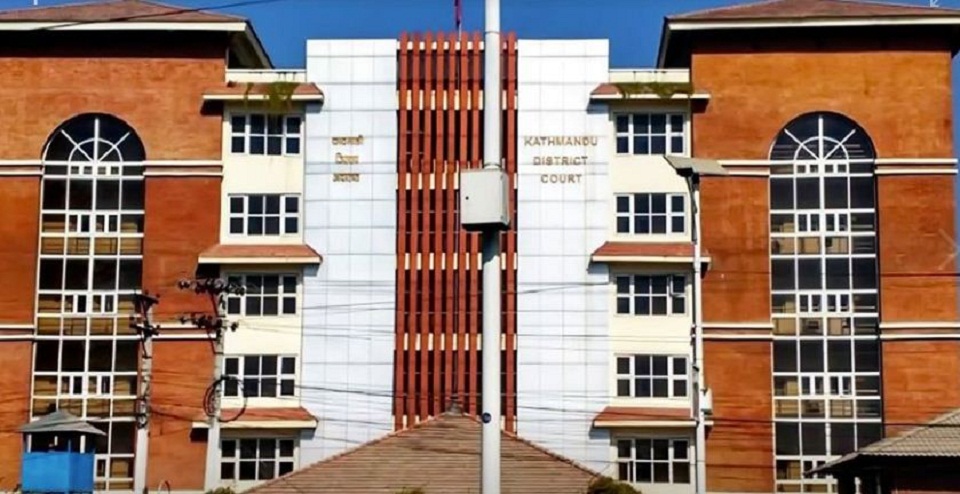
Leave A Comment